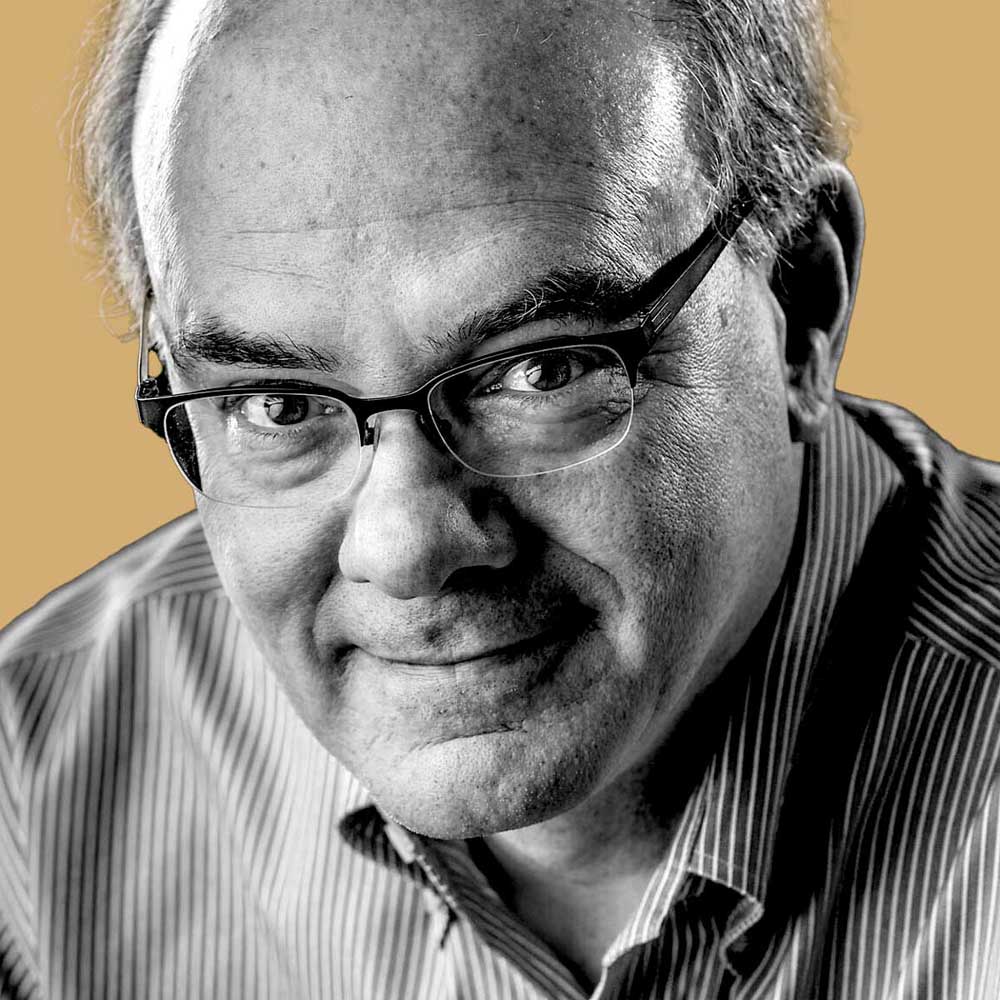Not for web
Published 9:00 pm Wednesday, July 31, 2024

- Fisher
Not to be overly dramatic about it, but the decision by Southwest Airlines to drop its open-seating system is a powerful indicator of a corroding national culture.
Open seating is what the world once thought of as quintessentially American. In the system Southwest introduced more than half a century ago, (almost) everyone is equal, you can sit anywhere you like, and the prized seats go to the quick and the savvy (those who check in precisely 24 hours before their flights) rather than the people with the most money to spare. Open seating rewards gumption and initiative rather than mere affluence.
When Southwest launched in 1971, it specifically claimed the moral high ground. The company was consciously selling the American ideal of egalitarianism, saying its purpose was to “democratize the sky.”
Today, according to Southwest chief executive Bob Jordan, 80% of its customers and 86% of its potential customers prefer an assigned seat. Jordan is saying that it’s Americans who have changed, not Southwest.
He’s right: Americans have generally accepted the shift, now seen in most industries, toward algorithmically determined dynamic pricing, which translates to the best goods and services going to those willing to cough up extra bucks, rather than everyone having an equal chance of getting better seats, more convenient reservation times or quicker service.
Over the last few decades, we’ve pivoted from the ideal of egalitarian fairness (first-come, first-served) to the ideal of “pay more, get treated better.” This is evident not only in commerce, but in politics: Both Democrats and Republicans have moved from having government regulation assure fairness toward using market solutions to ration goods and happiness. Examples: Lexus lanes, deregulated airfares, phone service.
What do Americans actually prefer? Perhaps Jordan’s poll is right, but my own unscientific survey of passengers when I dropped by Southwest’s desk at National Airport the other day found most folks happy with the airline’s existing system because it gives everyone an equal shot at prime seats.
“If you want to get the best seats, you know to check in 24 hours ahead,” said Atalie Van Dam, just arrived from Utah, headed home to Springfield. “I set my alarm for it. When you don’t do that, you pay the price and get stuck with the middle seats.”
There are exceptions. Angela Pequeño, just in from Atlanta, prefers assigned seats because that allows people traveling with kids to sit together, which is often a problem on Southwest. “You’re all over the plane,” she said. “So it’s worth it to pay a little more.”
But when a company such as Southwest makes this switch, it’s doing so for its own bottom line, not for your convenience, comfort or equality of experience.
The airline just announced second quarter profits of $367 million, a hefty drop from $683 million during the same period last year. Southwest cares about that far more than about the philosophy behind queuing systems. They want to pack the livestock into their tin tubes as quickly and bloodlessly as they can. We cattle are supposed to be docile and pay up.
My friend Mike insists that Southwest is doing the right thing. Finally, customers won’t be treated like the ball in a devilish pinball game — having to position ourselves in impossibly tight pens, in precise order as elementary school teachers used to require in hallways of yore, and then being shot into the jetway with only seconds in which to decide which of the available seats would be least painful.
Okay, sure, but the old Southwest system was all about choice; your seat was based not on how much extra you’d pay, but on how you want to use your points, when you want to check in, and how smart you are about choosing a seat once you’re on board. What’s more American than choice?








